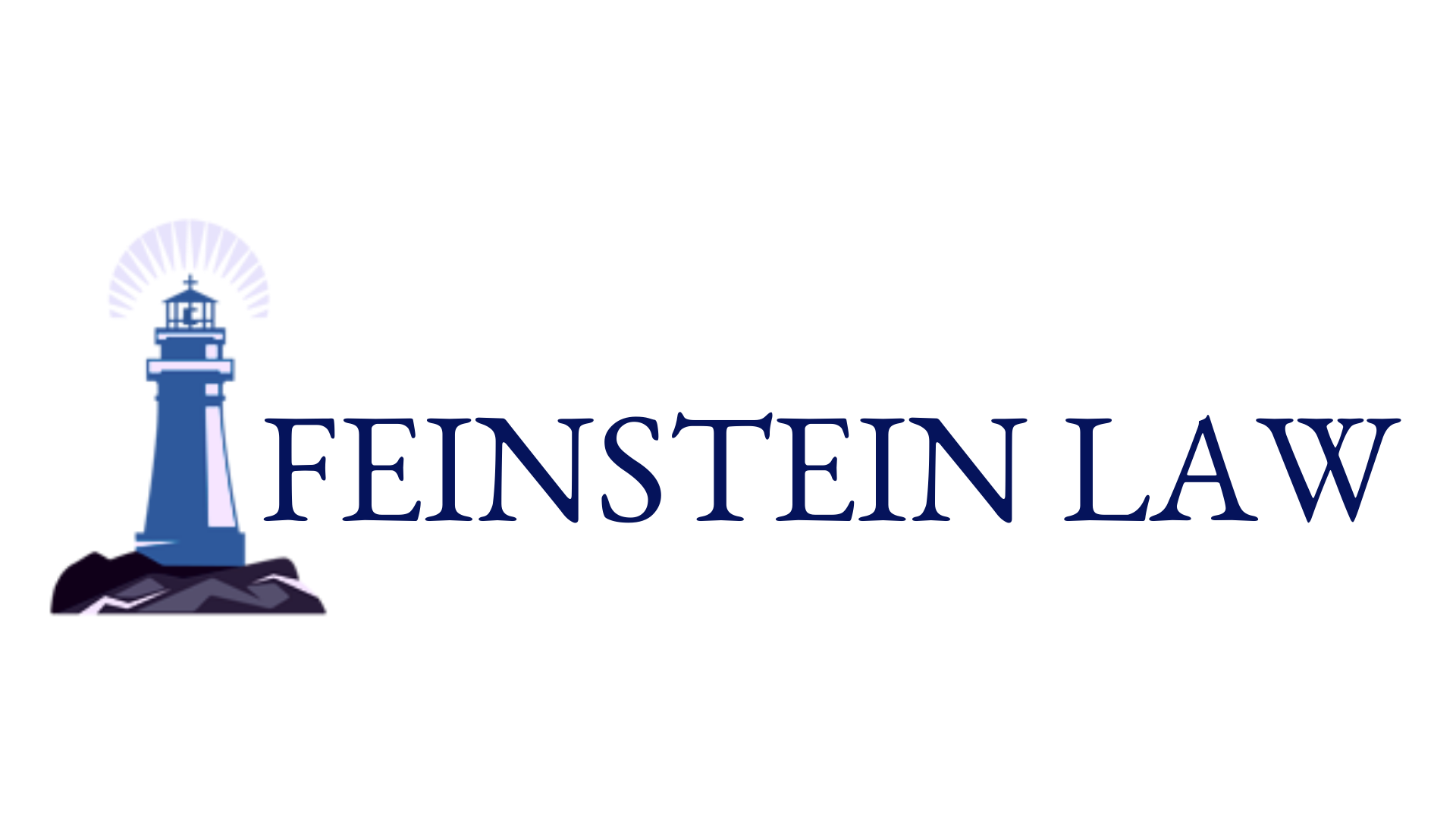Omnicare is the nation’s largest provider of pharmaceutical care services for the elderly and other residents of long-term care facilities in the United States and Canada. But, investors claim that there was material misstatements or omissions in the registration statement filed with the Securities and Exchange Commission (“SEC”) during the company’s 2005 public stock offering. Investors sued and alleged in the complaint that Omnicare violated the Section 11 of the Securities Act of 1933 (“Securities Act”), as amended, by making this material misstatement.
The case stems from investors who bought Omnicare securities in the December 15, 2005 public offering and, at the same time, Omnicare offered 12.8 million shares of common stock and made related filings with the SEC. These filings were incorporated in Omnicare’s registration statement with the SEC and the plaintiffs later sold all the securities by January 31, 2006. During this time a whistleblower suit came to light about Omnicare submitting fraudulent reimbursement claims to Medicare and Medicaid (Omnicare later settled with the government in the amount of $49.5 million to settle Medicaid prescription-drug-fraud claims). Plaintiffs then brought suit under Section 11 of the Securities Act claiming Omnicare materially misled investors by falsely stating in the registration statement that Omnicare’s billing practices complied with state and federal requirements and that Omnicare failed to comply with Generally Accepted Accounting Principles (“GAAP”) which, Plaintiffs claim, resulted in a substantial overstatement of the company’s revenue and affected the 2005 public offering.
A federal district court early last year dismissed the claims that Omnicare falsely stated in the registration statement filed with the SEC that its billing practice complied with state and federal requirements despite the whistleblower investigation into the fraudulent reimbursement claims to Medicare and Medicaid. The claims were dismissed because the plaintiffs, according the district court, failed to plead that Omnicare had knowledge of wrongdoing when they materially falsified information about legal compliance on the registration statement.
The United States Court of Appeal for the Sixth Circuit (“Sixth Circuit”) heard the appeal and affirmed the dismissals of the plaintiffs claims except for one filed under Section 11 of the Securities Act for materially misleading or omitting material information because the claim was filed under a strict liability statute which did not require pleading knowledge of the wrongdoing alleged. The Sixth Circuit agreed with the plaintiffs that the Section 11 of the Securities Act is a strict liability statute, unlike Section 10, and that plaintiffs had met their burden for making a prima facie case under Section 11 and did not have to prove that Omnicare knew the statements were false, as long as the statements were objectively not true and remanded the case back to the district court. This decision placed the Sixth Circuit at odds with the Second and Ninth Circuits which held that a defendant knew the statements to be false when they were made.
In March 2014, the Supreme Court of the United States (“SCOTUS”) granted certiorari and now is being asked which is the correct interpretation of Section 11 of the Securities Act; the strict liability decision of the Sixth or the defendant knew the statements to be false and made the statements anyway interpretation of the Second and Ninth Circuits. Oral agreement are scheduled for November 3 and could have a profound impact on securities litigation.
This securities law blog post about Section 11 of the Securities Act and SCOTUS is provided as a general informational service to clients and friends of Feinstein Law, PA and should not be construed as, and does not constitute, legal and compliance advice on any specific matter, nor does this message create an attorney-client relationship. © Feinstein Law, PA, 2014.
For more information concerning the rules and regulations affecting the going public direct transactions, direct public offerings, or dual listing, please contact Feinstein Law, PA at (619) 990-7491 or by email at Todd@Feinsteinlawfirm.com or JDunsmoor@Feinsteinlawfirm.com. Please note that the prior results discussed herein do not guarantee similar outcomes. Todd Feinstein is admitted in Florida and Jonathan Dunsmoor is admitted in New York.

